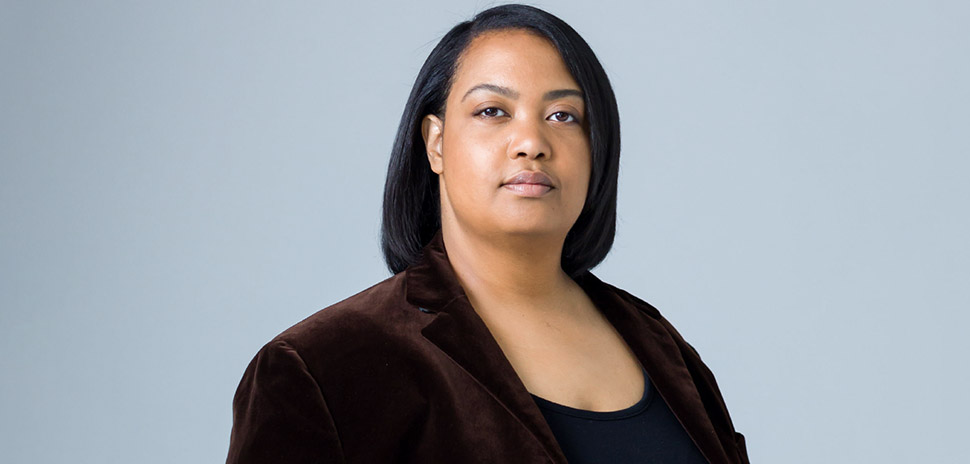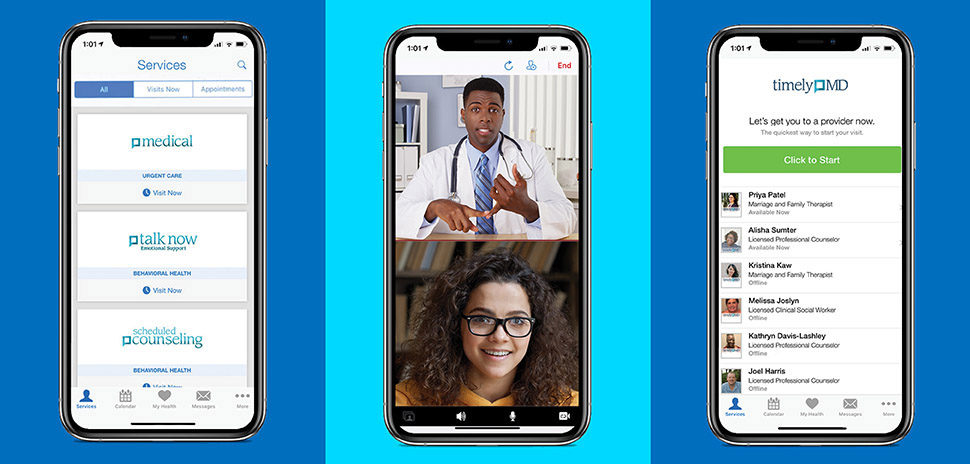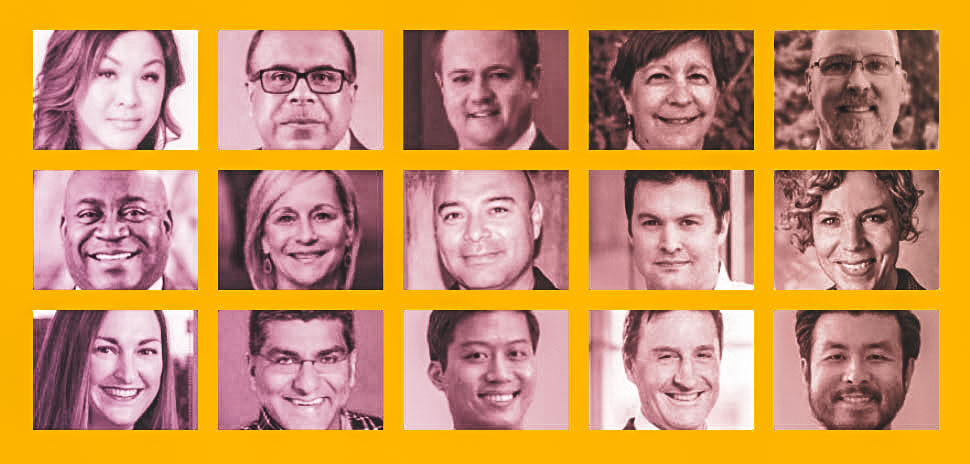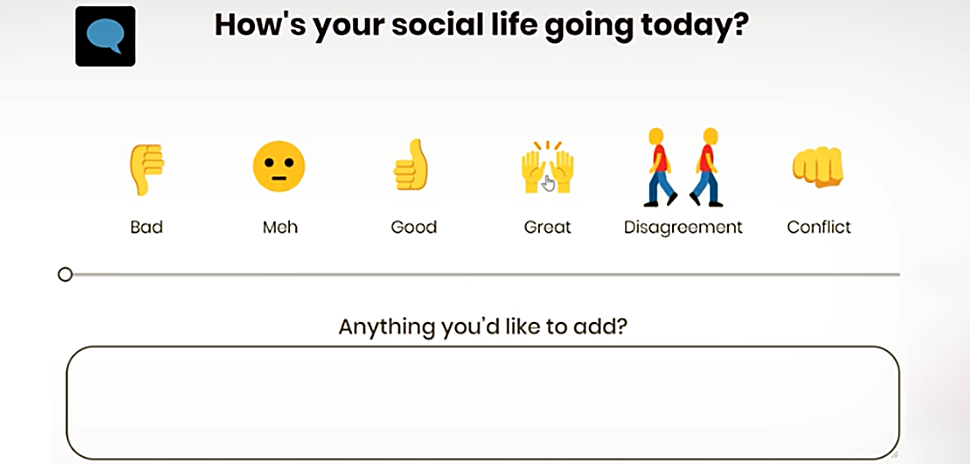A decade ago, Arlan Hamilton started thinking about a thesis focused on investing in underrepresented founders.
The Dallas native, who was in Houston when the idea formed, had just learned that 90 percent of venture funding goes to white men in the United States. Though there’s “nothing wrong with white men receiving funding,” she says, they only make up a third of the country.
She realized that didn’t make a lot of sense.
So Hamilton set out to “flip the script” by creating a fund that would exclusively invest in underrepresented founders. As she puts it: “I would be working with founders of all stripes.” Because we’re all pulled from the same thread.
As she sent out her presentation, she realized most investors could see the problem, but didn’t understand the viability. It took years to make her case.
“They usually were sent to a white male investor because those were the people I was talking to who had money,” she says. “And I would start to see a pattern.”
Hamilton realized that any startup led by a “young dude”—especially if he graduated from Standford, MIT, Harvard, etc.—would earn a meeting with the investor. It didn’t matter what stage the company was in, or what the team was working in.
But when she sent the same type of presentation led by a Black founder, oftentimes, she was turned down. Even if that startup had more traction, revenue, or users.
“They would say things like, ‘I don’t understand the market,’ or ‘this is not in my wheelhouse,'” she says. That happened even if the startup sat in a mainstream, broad industry.
Eventually, Hamilton took the reins herself.
In 2015 she launched Backstage Capital, a venture capital firm that invests in high-potential founders who are people of color, women, and/or LGBT. She and her Los Angeles-based team have made it their mission to minimize funding disparities in technology.
Today, Backstage has raised more than $15 million and invested in more than 175 startups led by underestimated founders. It’s launched accelerator programs in its hometown, as well as in Detroit, Philadelphia, and London. It also created the funding platform Backstage Crowd as a way to make an accessible diverse VC deal flow.
“We invest in superstar founders who otherwise have just been overlooked,” Hamilton says. “We are a for-profit; I like to say that we’re Sharky investors. We only invest in about 2 percent of what we see.”
Along the way, Hamilton encountered financial hardships that eventually would help shape her as a person. Six years ago she was sleeping on the floor of the San Francisco Airport. It’s nothing she’s ashamed of—”so many people are going through different types of things,” she says.
But Hamilton’s gotten to where she is today by believing in herself and how far she could take Backstage Capital.
“You have a lot more control than you may have walked in thinking you have,” she says. “Be yourself, so that the people looking for you can find you.”
Hamilton has now authored “It’s About Damn Time,” an inspirational business book for emerging entrepreneurs and investors; was featured on the cover of Fast Company as the first Black female non-celebrity; produced and released ‘jOURney’, a documentary celebrating the five year anniversary of the firm; launched a scholarship program with her mom, Earline Butler-Sims, which was Oxford University’s first-ever undergraduate scholarship for a Black student; and started Arlan’s Academy, a tech training course for entrepreneurs.
She also hosts the podcast, Your First Million, and has been featured on CNN, PBS, and more.
“I stayed true to myself, even through the tough times, and I came out of it with all of this intact. It’s just so much more fun to experience this success as myself than to have to be putting on a costume every day.”
That’s a big reason why Hamilton gives herself permission to celebrate both the small and big wins—and have a little fun every once in a while.
Hamilton recently purchased an auction item: A $100,000 1956 Chevrolet that was very sentimentally owned by Janet Jackson, her favorite singer. It also comes with a phone call singer-songwriter herself.
“I know why I did it. It just meant so much more than the price. It was a moment,” she says. “It’s just having that sobriety of knowing things could have worked out so differently. Many times I could have just not been here. And to not only be here but to be able to do something like that, and make so many people happy, it’s just so fulfilling.”
Hamilton candidly shared her story with a group of women for TechFW’s inaugural Women & Wealth event. In partnership with Cowtown Angels, Texas Woman’s University–Center for Women Entrepreneurs, and Texas Women’s Foundation, the virtual event garnered investors and entrepreneurs to share the key moments, hurdles, and decisions they have had in their careers.
Arlan Hamilton on impact investing, finding funding, and more
Here’s an excerpt from the conversation with Hamilton, the keynote speaker, who touched on impact investing, becoming an investor (on your own), finding funding as an underrepresented founder, and more.
On crowdfunding for founders and investors:
Recently, Backstage Capital raised $5 million on Republic, a private investment platform that allows greater access to early-stage startups. It was the maximum amount.
The money will go to operations, debt, and in place of a management fee. Since it took a while for the firm to raise capital, it didn’t have the fees that accompany most venture funds.
At the crux of the Republic platform is the ability for a company to raise up to $1.07 million using regulation crowdfunding. Most funds don’t do that, Hamilton says—but she and her team “created the path to do it.”
“We just thought ‘This is so Backstage.’ We’re here to democratize funding, why not democratize investing as well.
We had to do a lot of legal acrobatics in order to do this. But we kind of set the blueprint for it. It’s been after almost a decade of working on it.
People don’t realize, you can be an investor too. You don’t have to be rich to be an investor, and you certainly don’t have to be rich to be an investor in impact.
There’s all of these types of websites (Republic.co, Wefunder, SeedInvest, IFundWomen, FundBlackFounders) where you do not have to be a so-called ‘accredited investor,’ which means you make more than $200,000 a year or have a higher net worth. You can be someone who makes $60,000 a year or $20,000 a year.
You can start a portfolio of investments. You don’t need anyone’s permission for that because of the Jobs Act and because of regulation crowdfunding. There are so many incredible companies to choose from.
You don’t have to wait to be invited to someone’s big fancy party to party. This is where you’re already invited. Because you live in this world, it is partly yours.”
On being treated equally—and taken seriously—in the industry:
Hamilton acknowledges that at least someone in a room at any given time has had an experience when they’ve been talked over or treated differently. Or, looked at as if they weren’t important.
Now is the time to say it out loud.
“I personally as a Black woman have been handed more keys to cars than I can count. It hasn’t happened in a couple of years, but I have made a promise that the next time it happens, I’m taking that car.
The more we talk about it with each other without feeling ashamed, like it’s something we did—the more we talk about it with ourselves and our allies—the more change I think will happen.
None of us have the time to give too many passes.
If they have enough sense to get themselves in a position to make $500,000 a year, they have enough sense to treat us well. I don’t try to placate adults. It’s just not how I roll.
There’s an empathy that I can have to say, ‘Not every guy is a bad person. They didn’t roll out of bed saying ‘I’m going to be mean today.’
But we all need to be doing our part to make these numbers change. And part of it is see something, say something.”
On the checks coming through:
When the DEI proclamations were made a year ago following the outcry from George Floyd’s murder, the spotlight was on major companies and funds. Many announced they were diverting capital to diverse founders, and launching funds focused on underrepresented groups. Though it’s a case-by-case basis, Hamilton believes not enough has been done.
The proclamations mean nothing if there’s no execution behind it.
“There’s an incredible amount of people who are underrepresented and put in these funds working in different positions. They have influence they have their ear, but most of them do not have a position of power to overtake the managing partners. They’re in a position where they have to toe the line.
That’s why we’re doing what we’re doing at Backstage. I am that managing partner. People have influence to tell me what they think we should do.
Individually, we can run our companies the way that we feel is right while having other people in mind and being the change we want to see.
Now that we all know, ‘I don’t have to be rich to be an angel investor’ … there’s more power that we have. We do not have to sit around and just fold our arms and wait for these big guys to come in and save the day. We can be the saviors.”
On becoming an investor:
Hamilton encourages anyone who wants to spend their money on investing to do so. Take control—she sees that as a very powerful statement in itself.
It all starts with figuring out what you want out of life, according to Hamilton. Decide what makes you happy and do that from a place of leverage. Just be sure to always consult a professional.
“A big part of investing is figuring out your thesis. What you can do to empower yourself is to individually have a thesis. You can start to form it around what you want the world to look like in 5, 10, 20-plus years.
There’s a lot of the DEI conversation, which is absolutely important—obviously, it’s my life’s work. But there’s also sustainability. There’s also healthcare, and infrastructure, and all of these things.
Your thesis could be around a very particular lens. It could be that you want to invest in healthcare companies because you have some experience there. Then 50 percent of your investment could go to women. You can make all these variables happen. You can go into this very specific lane because you have an unfair advantage in that lane.
Never invest more than you can afford to lose. If you don’t have it now, make it a goal to put together a savings account that has $1,000 in it over time because you want to invest that.”
On finding funding as a founder:
While very important in the early days, money isn’t the most factor in starting a company, according to Hamilton. To aspiring founders, she suggests starting by building the best company you know how to build.
“We get really caught up in this venture capital thing. I’m a venture capitalist and I’m telling you right now, we are not the most important people in this ecosystem. Contrary to popular belief by venture capitalists.
There’s crowdfunding and there’s friends and family, believe me.
Your friends and family have grown in the past 18 months because of COVID. Your ability to reach out to someone in another country or another state, and to make yourself known is higher now.
I definitely believe in collaboration. You don’t have to do this siloed by yourself.
You don’t want someone whose go-to is to put you down immediately to make themselves feel better. You don’t want someone who gaslights you.
You have so many options today, you do not have to withstand abuse. You should hope that your investors asking you questions seem like they’re interested, but you should also feel if ‘this feels wrong to me.’
You’re looking for someone who could add more than just dollars to what you’re doing.
If they’re just a bank or if they’re just a bank with a VC label on it, that can be okay. That’s not a terrible thing. But you need to make sure that across your investors, there are also people who can help you. You want to look for someone who elevates the experience of being you.
You want people around you who are thinking to themselves, ‘I hope you make it.'”
Arlan Hamilton’s conversation has been edited for brevity and clarity.
![]()
Get on the list.
Dallas Innovates, every day.
Sign up to keep your eye on what’s new and next in Dallas-Fort Worth, every day.































